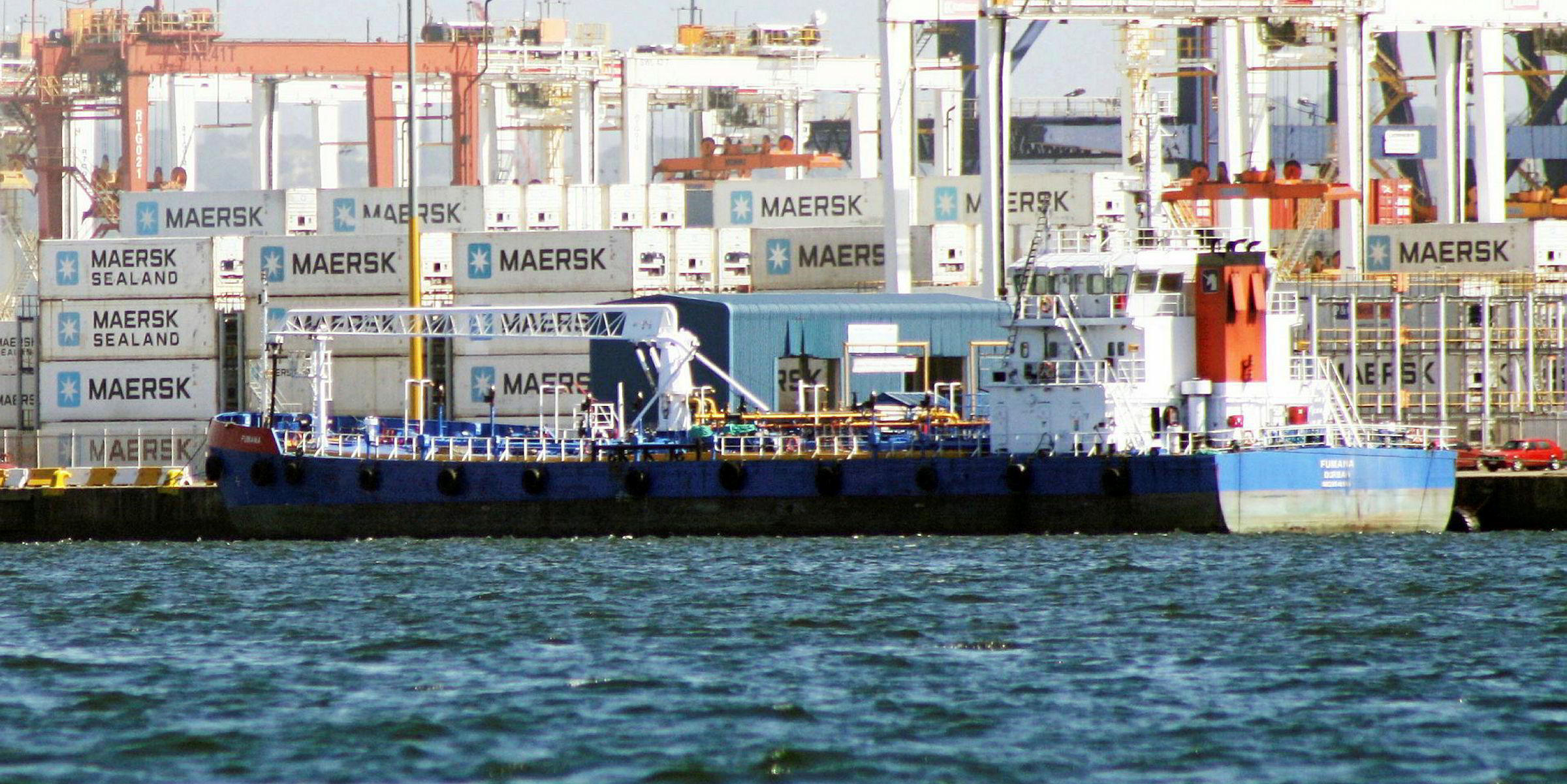With so much uncertainty over the availability and quality of low-sulphur fuels when IMO regulations reduce the quantity of sulphur in marine fuels to 0.5% from 3.5% in 2020, shipowners and charterers are advised to ensure they have adequate legal protection in place.

Under a time charterparty, the responsibility for supplying fuel of a reasonable general quality that is suitable for the type of engines onboard a vessel lies with the charterer. Clauses imposing this obligation can be found in the widely used NYPE 1946 and Shelltime 4 forms.
It is common practice to extend this duty by including a bunker specification clause in the fixture/re-cap, or riders. Further specification can also be found in the standard Bimco form clauses, such as the bunker fuel sulphur content clause, or bunker quality and liability clause.
However, these clauses do not provide adequate protection for owners in their current form. NYPE 1946 only makes reference to "emission control zones"; and Shelltime 4 to ISO 217, which does not currently provide an adequate cap.
Bespoke clauses
Owners should consequently ensure there is express reference to compliance with Marpol annex VI, and the 0.5% limit in the relevant rider clauses and/or fixture recap. Similarly, any standard or bespoke clauses currently used should be amended.
Owners should exercise care when fixing vessels beyond 2020. A number of issues will arise, including the adoption of stricter bunker specification standards.
Parties must also decide what is to happen to any unused non-compliant bunkers on ships and who is to bear the cost.
Law firms have warned that discharging these bunkers at the next port of call can be problematic. The procedure will depend on how port authorities treat the non-compliant fuel: if treated as "waste", discharging the bunkers could lead to detention and issues over who is to bear the costs and delay.
Parties must decide on what will happen in circumstances where the vessel is redelivered with non-compliant fuel onboard or in circumstances where the vessel is to be redelivered before but close to 1 January 2020
Parties must also consider issues surrounding the redelivery of vessels. Bunker redelivery clauses usually specify that the owner is required to accept and pay for all bunkers retained onboard at current market rates.
Again, parties must decide on what will happen where a vessel is redelivered with non-compliant fuel onboard, or where a vessel is to be redelivered before but close to 1 January 2020.
It is important to ensure charterparties contain suitable clauses that provide protection and indemnities covering losses that may arise from wrong supply, fines and delays.
Scrubbers in time
Depending on what type of scrubber is installed to "clean" emissions before they are released into the atmosphere, parties must allocate responsibilities for any issues with compliance when either discharging by-products of open-loop scrubbers, or the additional energy usage and associated cost of closed-loop scrubbers.
The charterparty should include a performance warranty for a scrubber, which is supported by a provision detailing the characteristics and any associated issues.
Several issues arise in the context of time charterparties. These include responsibility for a scrubbers’ installation and associated dry-docking; whether owners can be obliged to install the devices under the existing terms of the charterparty; and, importantly, what is to happen in the event that a scrubber system is defective.
Voyage charters
Under a voyage charterparty the owner is responsible for supplying the vessel with fuel and so will have to bear the expected increased cost of low-sulphur fuel oil. With scrubbers, parties must introduce clauses that cover periods where the system stops operating and time is lost for repairs/maintenance.
Charterers must take extra care to adjust the clauses so that laytime and demurrage do not count in such circumstances.
Bunker availability
There is widespread concern there will not be sufficient supplies of low-sulphur fuel oil and that it will not be globally available.
Owners can protect themselves by inserting clauses in time and voyage charterparties making it their right to deviate to ports of call where low-sulphur fuel is available and to allocate the associated financial implications to charterers.
Bunker sampling
It is foreseeable the 2020 regulations will cause a significant volume of bunker disputes. To minimise this, clear procedures should be set out with reference to the sampling procedure to be adopted during bunker operations. Bimco offers a bunkering operations and sampling clause that should be sufficient for use in time charters.
Parties should also consider their contracts with their bunkering suppliers and ensure that the bunker delivery notes stipulate the sulphur content of the fuel supplied.
Chris Laskaris works for TradeWinds and has a master’s
degree in maritime law from City University London



